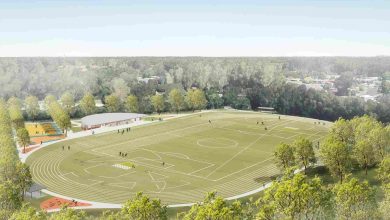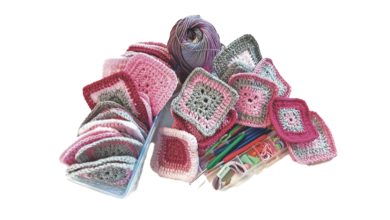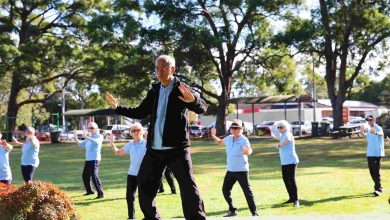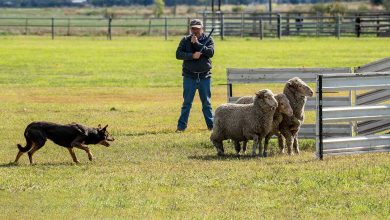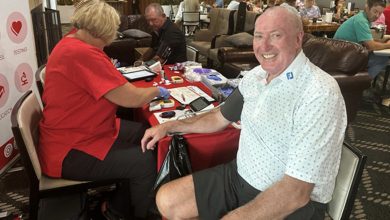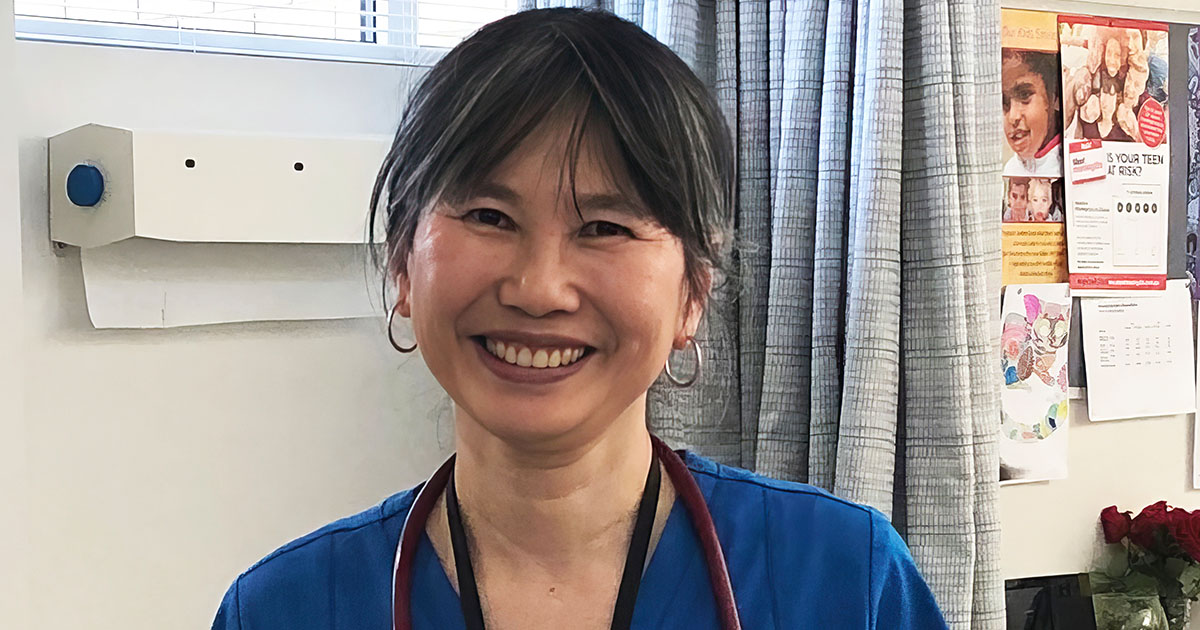
When I was growing up. My dad used to smoke in the car. I sat in the back passenger seat inhaling the cigarette smoke. He did not know he was harming me.
Parents in this generation understand the harm of smoking in front of their children.
The Problem Car pollution also impacts health. If you can smell the air pollution, you are breathing it in, and it is entering your airway.
There are numerous studies from Australia, UK, Europe, USA and China on the impacts of traffic pollution and health. Studies show that populations living near high traffic areas have increases in dementia, lung disease, lung cancer, asthma, heart disease, strokes and diabetes.
Pregnant women exposed to constant traffic pollution also have impacts on the growth of their baby. Recent Studies from Barcelona in Spain showed that Car pollution impacts the working memory of children.
The air pollutants include Nitrous dioxide, carbon monoxide, hydrocarbons, benzene and formaldehyde and fine particulate matter. All are harmful for health.
Children are at higher risk of harm because of their smaller stature and greater lung surface area, which results in them having a higher respiratory rate than adults. Children breathe in more air pollutants. Small children are closer to the exhausts of cars.
Yet we have school pick up zones where parents are idling petrol and diesel cars and students standing there waiting for their parents breathing car fumes.
We know there is more pollution from cars when they are idling. This is just as harmful as smoking directly in front of a child.
It is not just school pick up. Cars are left idling at shopping centres and places where people congregate. Unfortunately, there are also homes that are on major roads.
The Solution
I recently spoke on community radio about the impact of air pollution around school up and the radio presenter, all mothers were horrified.
Car pollution has become such an accepted part of daily life. What can we do.?
1. Stop idling in front of schools. Turn off the car at shopping centres, school pick up zones, playgrounds and where people are nearby
2. Avoid opening windows when there is air pollution outside
3. Plant more trees in urban areas. This has been shown to help reduce air pollution
4. Reduce the use of your car. Catch public transport or walk.
5. Indoor HEPA filters to help reduce pollution.
Idle off
This is a campaign for school students for educate their teachers and parents about car pollution. The goal is to stop parents idling at school pick up.
Liveable spaces and clean air are so important for health and to prevent chronic disease. We can make decisions each day to reduce our impact and improve the quality of air that we breathe. https://www.idleoff.com.au

